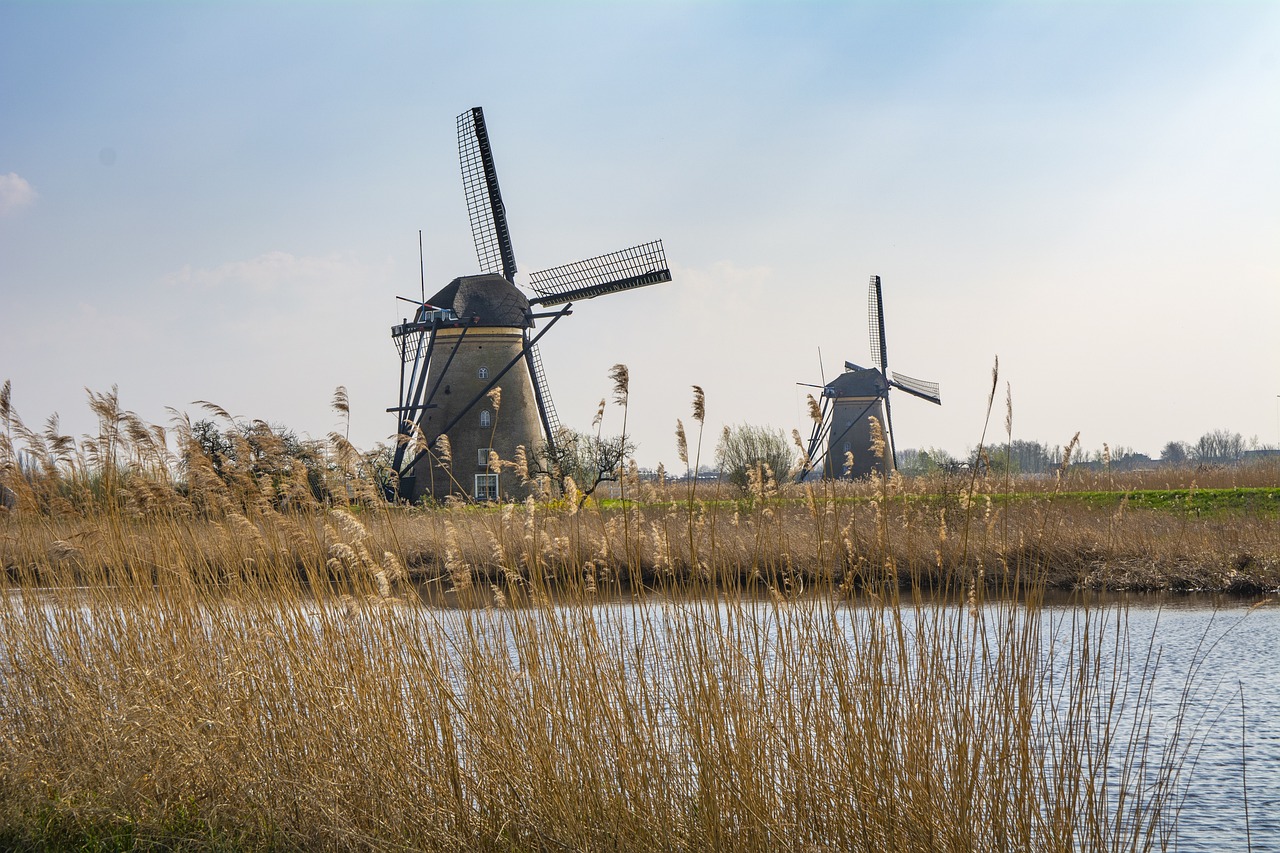The Impact of Virtual Reality on Travel Planning
Virtual reality technology allows users to immerse themselves in a simulated environment, often through the use of a headset or special goggles. By creating a sense of presence and interaction, virtual reality technology can transport individuals to different worlds, whether real or imaginary. This technology has greatly advanced in recent years, offering more realistic and immersive experiences than ever before.
The evolution of virtual reality technology has revolutionized various industries, from gaming and entertainment to education and healthcare. This innovative technology has the potential to change the way we interact with computers and experience the world around us. As virtual reality continues to develop and become more accessible, its applications are expanding, opening up new possibilities for businesses and individuals alike.
• Virtual reality technology allows users to immerse themselves in a simulated environment
• Users often use a headset or special goggles for the experience
• Creates a sense of presence and interaction
• Can transport individuals to different worlds, real or imaginary
The evolution of virtual reality technology has revolutionized various industries:
• Gaming and entertainment have been greatly impacted by VR technology
• Education is being transformed through immersive learning experiences
• Healthcare professionals are using VR for training and therapy purposes
As virtual reality continues to develop:
• Its applications are expanding rapidly
• New possibilities are opening up for businesses and individuals alike
• The potential for changing how we interact with computers and experience the world around us is immense
Benefits of Virtual Reality in Travel Planning
Travel enthusiasts can now embark on a virtual journey before even stepping foot outside their homes. With the help of virtual reality technology, travelers have the opportunity to explore destinations, accommodations, and attractions in a highly immersive way. This allows them to get a realistic preview of what they can expect during their actual trip, helping them make more informed decisions in their travel planning process.
Another key benefit of utilizing virtual reality in travel planning is the ability to customize and tailor experiences according to individual preferences. Whether it’s selecting the ideal hotel room with a view, choosing between different activities to partake in, or even deciding on the best route to take, virtual reality provides a personalized approach to travel planning. This level of customization empowers travelers to create a trip that suits their interests and fulfills their specific needs, ultimately enhancing their overall travel experience.
Enhanced User Experience
Immersive technologies like virtual reality (VR) have revolutionized the way users experience content and interact with digital environments. The sensory engagement provided by VR transports users to virtual worlds, offering a heightened sense of presence and realism. This unparalleled level of immersion enables individuals to feel like they are part of the virtual scenario, fostering a more authentic and captivating user experience.
Moreover, the interactive nature of VR technology empowers users to actively engage with the content they are consuming. By offering hands-on interactions and real-time feedback, VR enhances user involvement and participation, leading to a more personalized and impactful experience. This level of interactivity not only makes the user experience more engaging but also facilitates deeper learning and understanding by allowing individuals to actively explore and manipulate the virtual environment.
How can virtual reality technology enhance user experience in travel planning?
Virtual reality technology allows users to virtually explore destinations, accommodations, and attractions, providing a more immersive and interactive experience compared to traditional methods like brochures or websites.
What are the benefits of using virtual reality in travel planning?
Some benefits of using virtual reality in travel planning include a more accurate representation of destinations, the ability to try before you buy, and the opportunity to personalize and customize the travel experience.
Can virtual reality technology be used for other purposes besides travel planning?
Yes, virtual reality technology can be used in various industries such as education, healthcare, entertainment, and real estate to enhance user experience, training, and visualization.
Is virtual reality technology accessible to everyone?
While virtual reality technology has become more affordable and accessible in recent years, there are still barriers to entry such as the cost of equipment and technical expertise required to create VR experiences.





